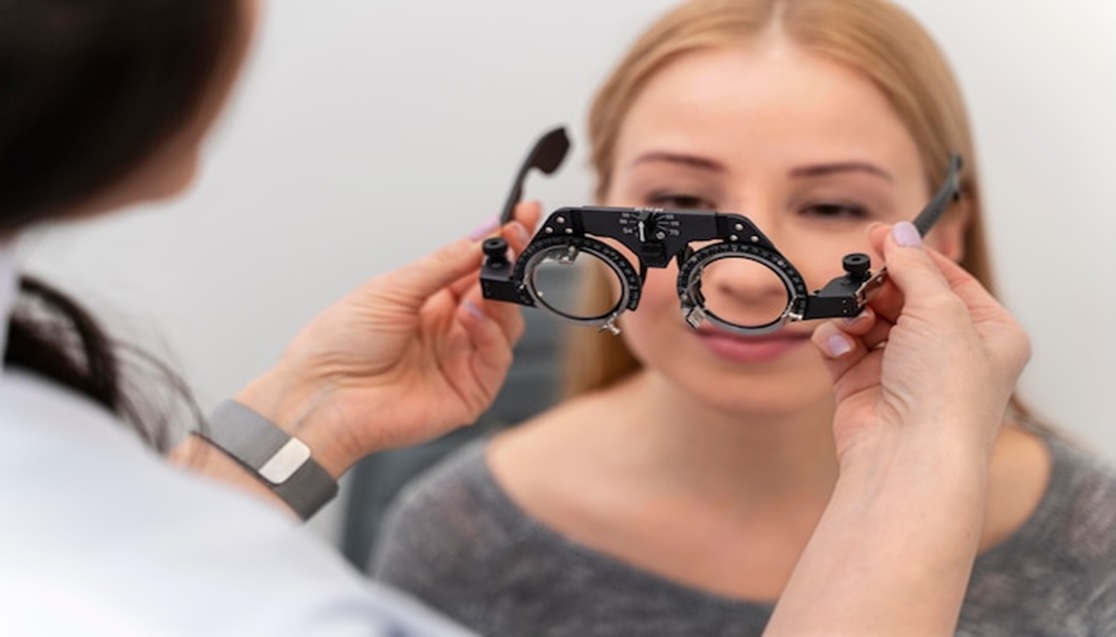Colonoscopy is a crucial medical procedure used for the early detection and prevention of colorectal cancer, one of the leading causes of cancer-related deaths worldwide. Despite its significance, several misconceptions and fears surround colonoscopy.
In this article, we’ll explore some common misconceptions about colonoscopy and provide evidence-based information to debunk them.
Misconception 1: It’s Painful and Uncomfortable
One of the most prevalent misconceptions about colonoscopy is that it’s an extremely painful and uncomfortable procedure. This misconception often discourages individuals from getting screened. However, the reality is quite different.
Debunking Misconception 1: Colonoscopy is performed under sedation or anesthesia, ensuring that patients are entirely comfortable and pain-free throughout the procedure. Many patients report minimal discomfort, similar to mild bloating or gas, after the procedure. The benefits of early cancer detection and prevention far outweigh the temporary discomfort.
Misconception 2: It Requires Lengthy Recovery Time
Some people believe that undergoing a colonoscopy necessitates an extended period of recovery, including days off work or other activities.
Debunking Misconception 2: In most cases, patients can resume their regular activities within hours of the procedure. While some individuals may experience mild fatigue or bloating on the day of the colonoscopy, this discomfort typically resolves quickly. The majority of patients can return to work or other daily routines the day after the procedure.
Misconception 3: It’s Only for Detecting Cancer
Another common misconception is that colonoscopy is solely for the detection of cancer and not relevant for those without any symptoms or family history.
Debunking Misconception 3: Colonoscopy serves a dual purpose – not only can it detect colorectal cancer at an early and treatable stage, but it also allows for the removal of precancerous growths called polyps.
By identifying and removing polyps during the procedure, colonoscopy prevents cancer from developing in the first place. Therefore, it is recommended for both screening and prevention, especially for individuals over the age of 50 or those with a family history of colorectal cancer.
Misconception 4: It’s Necessary Every Year
Some people believe that colonoscopy is an annual requirement, which may deter them from scheduling the procedure due to the perceived frequency.
Debunking Misconception 4: The recommended frequency of colonoscopy varies based on individual risk factors and findings from previous screenings. For average-risk individuals without concerning findings, colonoscopy is typically recommended every ten years.
However, individuals with a family history of colorectal cancer or certain risk factors may require more frequent screenings. Your healthcare provider can provide personalized recommendations based on your specific situation.
Misconception 5: It’s an Invasive Surgery
Many people confuse colonoscopy with invasive surgical procedures, leading to concerns about complications and hospital stays.
Debunking Misconception 5: Colonoscopy is a minimally invasive outpatient procedure that does not involve surgery. It is performed using a long, flexible tube with a camera at its tip, inserted through the rectum. No incisions are made, and there is no need for a hospital stay. The entire procedure is typically completed in about 30 minutes to an hour.
Misconception 6: It’s Risky and Can Lead to Serious Complications
Some individuals fear that colonoscopy carries a high risk of complications, such as perforation of the colon or bleeding.
Debunking Misconception 6: While all medical procedures carry some degree of risk, colonoscopy is considered safe when performed by experienced healthcare professionals. The risk of serious complications, such as perforation or bleeding, is extremely low, occurring in less than 1% of cases. Most patients experience no adverse effects beyond temporary discomfort or bloating.
Misconception 7: It’s Embarrassing and Invasive
Embarrassment and concerns about personal privacy often deter individuals from undergoing colonoscopy.
Debunking Misconception 7: Healthcare providers who perform colonoscopy are trained to prioritize patient dignity and comfort. The procedure is conducted in a private, sterile environment, and patients are adequately covered and draped to maintain their modesty. The healthcare team is professional and respectful, focused solely on providing the best care possible.
Misconception 8: It’s Only for Older Adults
Some believe that colonoscopy is only relevant for older adults, leading younger individuals to dismiss the need for screening.
Debunking Misconception 8: While the risk of colorectal cancer increases with age, it can affect individuals of all ages. In fact, there has been a concerning rise in colorectal cancer rates among younger adults in recent years. As such, guidelines now recommend that screening discussions begin at age 45 for those at average risk. If you have concerning symptoms or a family history of colorectal cancer, screening discussions may need to start even earlier.
Conclusion
Understanding the facts about colonoscopy is crucial for dispelling common misconceptions and ensuring that individuals at risk for colorectal cancer receive appropriate screening and preventive care.
By addressing these misconceptions and debunking them with accurate information, we hope to encourage more people to consider and schedule this potentially life-saving procedure. Remember, colonoscopy is a valuable tool for both early detection and prevention, and it plays a vital role in reducing the burden of colorectal cancer.





